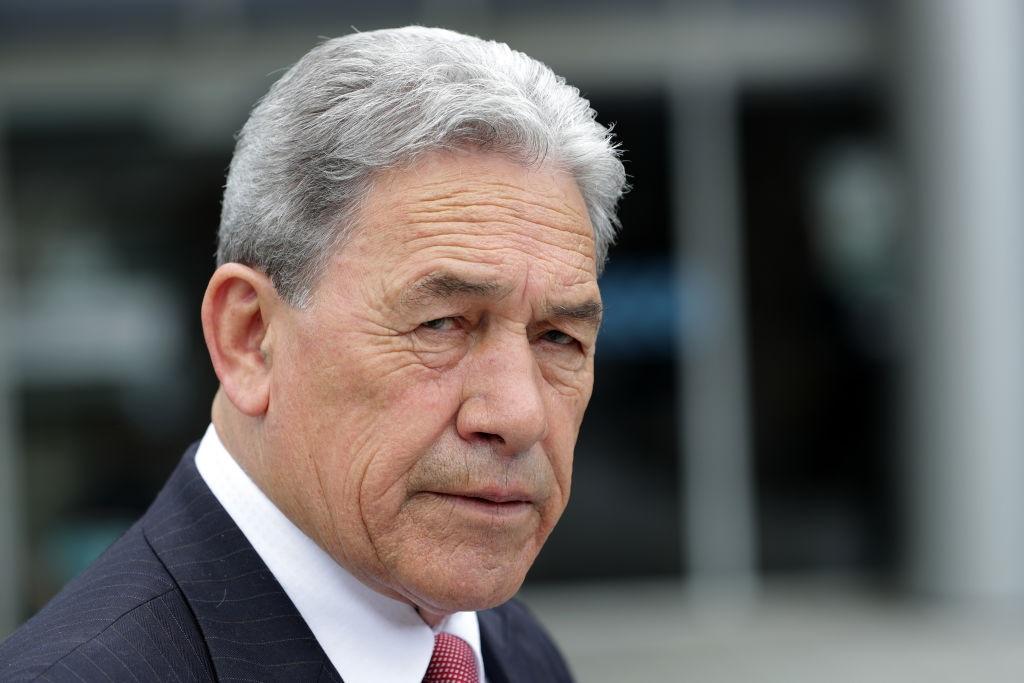Two new pathways to residence for skilled migrants will kick in from the middle of next year, the government has announced.
Under the Skilled Work Experience path, migrants in ANZSCO Level 1-3 roles being paid at least 1.1 times the median wage, with at least five years of relevant job history – at least two of which must be in New Zealand – can apply for a permanent residence visa.
The Trades and Technician pathway is for migrants in specific ANZSCO Level 1-3 roles paying at or above median wage, with a Level 4 or above qualification and four years of experience – a year-and-a-half being in New Zealand.
The current median wage is $33.56 an hour.
Minister for Economic Growth Nicola Willis and Immigration Minister Erica Stanford said the changes would help grow the economy.
“Businesses told us it was too hard for some migrants to gain residence, even when they had crucial skills and significant experience that was not available in the existing workforce,” Willis said.
“We’re fixing it.”
Stanford said the government was balancing the need to attract higher-skilled workers, while managing migration levels responsibly, and additional eligibility restrictions would apply to some occupations.
Further details on that, including which occupations would be eligible for the Trades and Technician pathway, would be provided before they opened next year.
“These changes are part of a suite of smart, flexible and nuanced immigration solutions we’ve introduced,” she said.
Peters has ‘serious concerns’
New Zealand First leader Winston Peters has invoked the ‘agree to disagree’ provision over the policy, saying he has “serious concerns”.
Peters said he was concerned those who got residency would become citizens, then use their New Zealand passports for fast-tracked visas to Australia.
Almost half of New Zealand citizens already applying for citizenship across the Tasman last year were not born here, he claimed.
“New Zealand is being used as a stepping stone into Australia. We take them in, train them, up-skill them, look after their families, and then they emigrate.
“How is this an effective immigration policy?”
As Foreign Minister, Peters is in New York to attend the United Nations General Assembly.
Speaking to reporters there, he said the OECD had “pointed out countless times, and even of late, about the lack of skills that we are bringing to a first world economy”.
“New Zealand First has that position, and we have always said that we should skill and train our own people first, and not use our failure to do so, or our failure to educate properly students coming here as some sort of incentive to not meet the first world education standards.
“We are letting ourselves down.”
Peters believed the country needed to get on top of its skills “to the maximum”.
“We’ve got numerous points of difference with other political parties, but I think the verdict of history will be on our side.”
Asked about criticism this was New Zealand First peddling anti-migrant rhetoric, he replied: “We don’t respond to lazy journalism.”
Willis was not worried about New Zealand First disagreeing with the policy, saying sometimes disagreements happened.
“We have a different perspective… we don’t think this presents the risks or dangers that New Zealand First may perceive.”
Peters said the system should be focused on providing young New Zealanders with the skills needed for a range of industries.
“This is not a new issue – while we recognise the importance of retaining some critical workers, we have serious concerns about this unfocused immigration proposal.”
